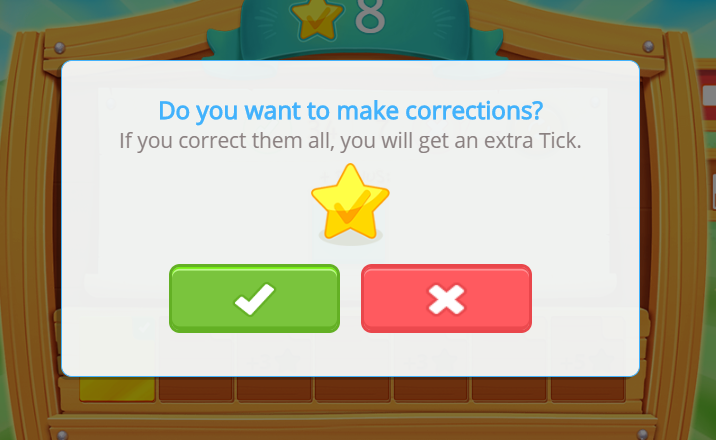
Learning From Mistakes
In the past, teaching methodologies did not consider the possibility that the student would have to go through a period of making mistakes in order to learn something. This is because it was believed that making a mistake was equivalent to learning. Since the middle of the last century, things have changed. A different, and positive, view of mistakes has emerged and is understood as an essential element of the learning process. According to this new perspective, mistakes no longer represent a failure. They are a valid tool that promotes learning and reinforces its success.
The Educational Power of Mistakes
It is important to think of the concept of mistakes as characterized not only by a negative demeanor but also, and above all, positive. Within this context teachers and parents must make sure that children understand that making a mistake is not something dramatic. It is the engine of the educational process in which they are involved. Without mistakes, we cannot learn. For this reason, the positive pedagogy of mistakes focuses on learning processes rather than the end result. Specifically, a mistake provides important information about the path taken to reach a certain result. Furthermore, a student learns basic critical analysis strategies from identifying an error and its cause.
Mistake Analysis
In this context, mistakes must be analyzed and attributed to the application of inappropriate procedures. With this in mind, children learn to live through failures in an appropriate and motivating way. At Smartick we offer children immediate correction after solving each exercise in their session. But we also give them the opportunity to correct any failed exercises at the end. We believe that final correction is a fundamental phase of Smartick’s daily session. Scientific studies support our vision. In fact, it has been demonstrated that in order for major changes in children’s brains to occur, they must fail and then reflect on the errors that have been made.
References:
- Metcalfe, J. 2017. “Learning from Errors.” Annual Review of Psychology 68: 465–89.
Learn More:
- The Importance of Learning from Mistakes
- Mistakes Are Where the Learning Starts
- The Importance of Immediate Feedback in Learning
- Diagnostic Questions in Mathematics Education
- Types of Programming Exercises in Smartick Coding
- Mistakes: An Opportunity to Learn - 05/07/2020
- The Importance of Positive Reinforcement in Education - 04/02/2020
- Is It True That Boys Are Better at Math Than Girls? - 03/05/2020







